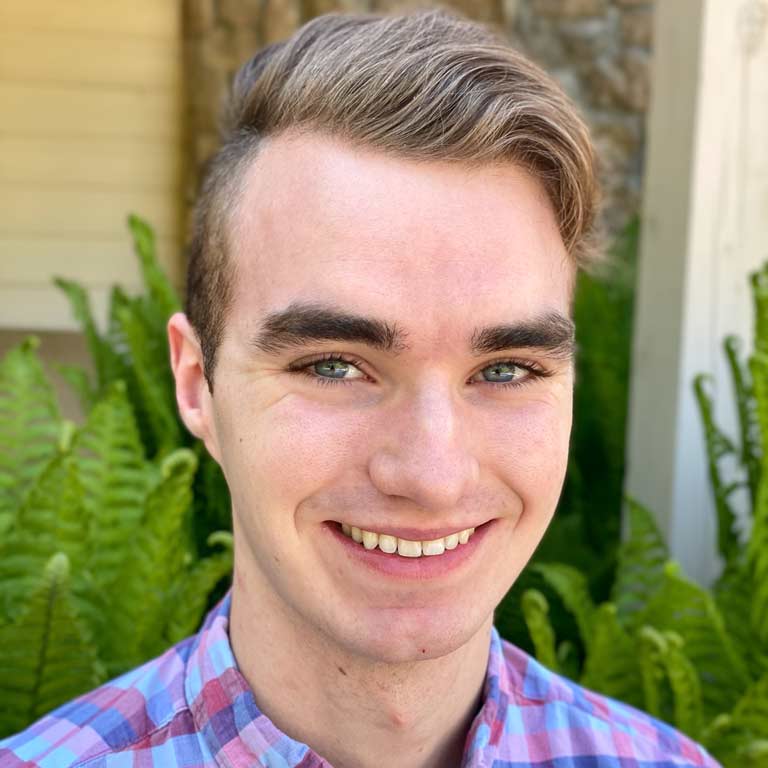Quest’s next step will be to earn a doctorate in chemistry, leading toward his ultimate goal: “My dream has always been to teach and run a research lab at a university.”
Cook marvels at Quest’s brilliance and initiative, which may well lead to a breakthrough in their field. As Cook says, “Andrew displays the unusual combination of rigorous scientific thought with affability and humility. And his creativity has led him to do some highly significant work.”
While his current research uses a metal as a catalyst, Quest is fascinated by the relatively new field of the directed evolution of enzymes. Using enzymes as catalysts has several advantages over metals, Quest explains. “One of the merits of enzymes is that nature has had a billion-year head start in making reactions work with them.” The “green” advantages of working with enzymes also appeals to him. Metal catalysts like palladium often require harsh reagents as well as generating polluting by-products.
“Going forward, I feel how environmentally friendly a reaction is should be an important consideration for all research.” Quest says. “We may be saving the world with the molecules we make but destroying the world with the molecules we use.”



